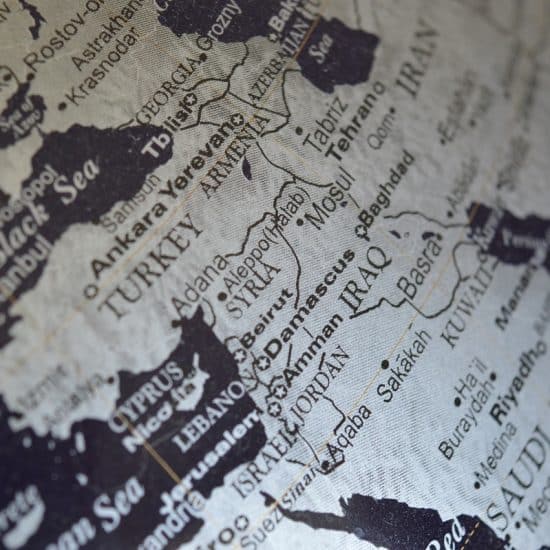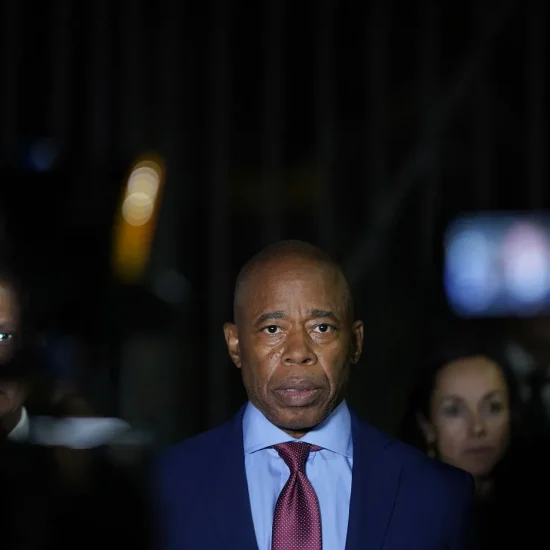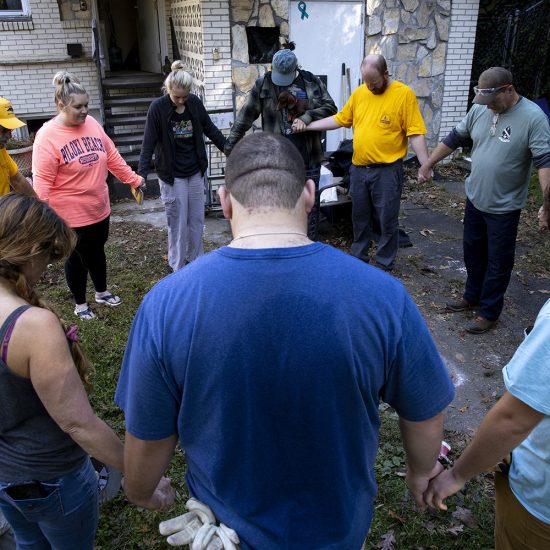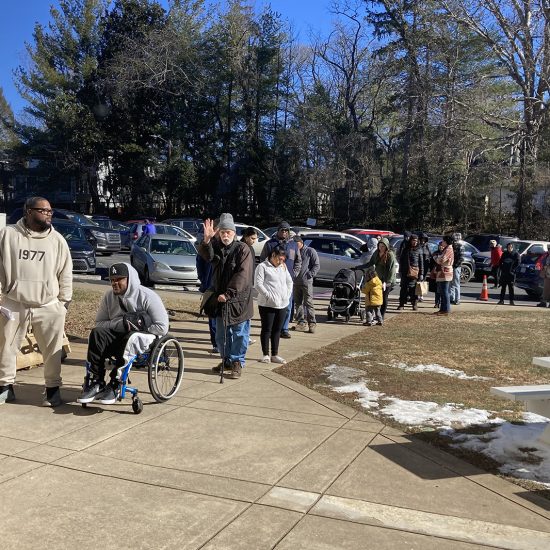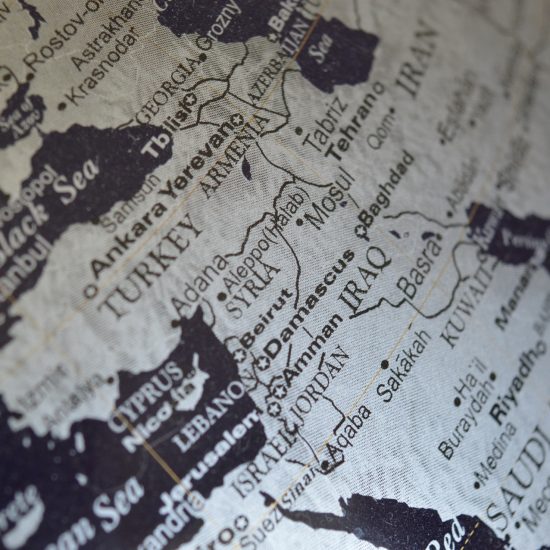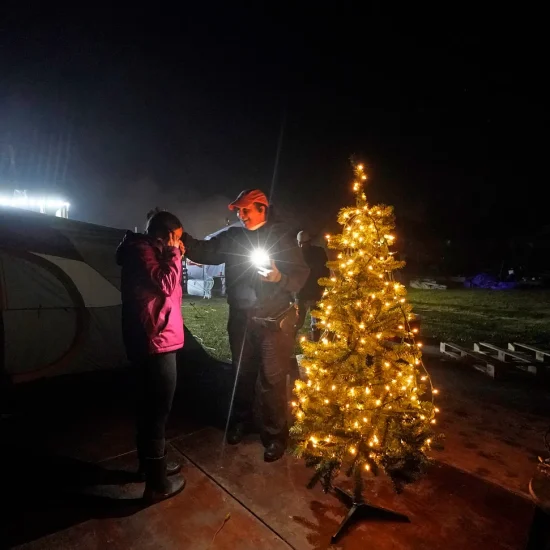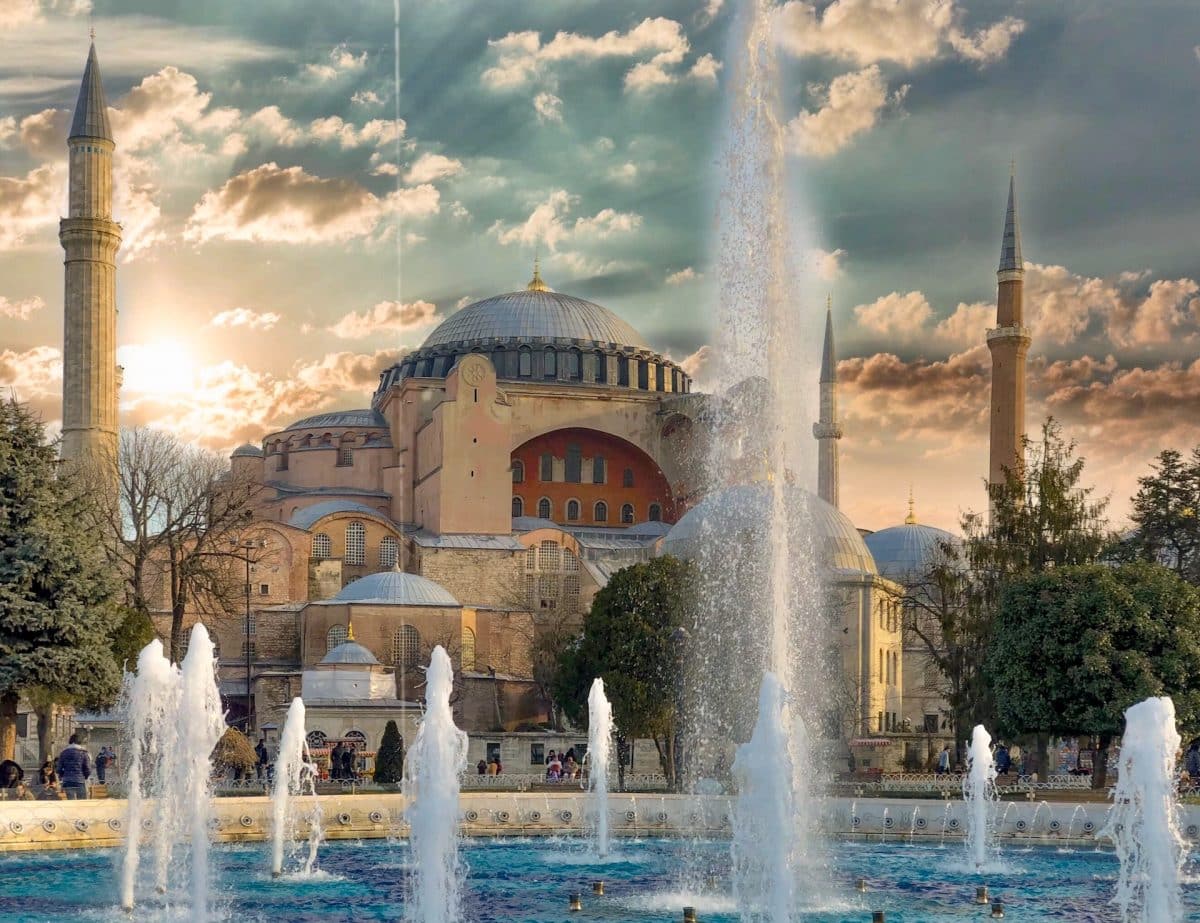
The stories I’m hearing out of Turkey and northwest Syria are almost unbearable in the aftermath of the worst earthquake in recent memory.
Like all natural disasters and mass casualty events, like COVID or tsunamis or war in Ukraine, the death toll rises and as the numbers get higher our ability to contemplate and synthesize the loss paradoxically decreases. It’s not that people become less human as they die in greater numbers — or maybe that’s exactly what has to happen in so many of our minds in order to continue to exist in a world that can be so cruel to life itself.
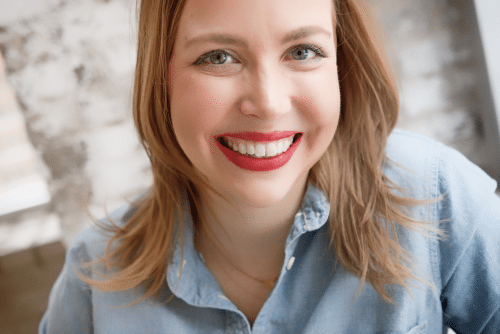
Angela Denker
To stay alive, as we’ve learned painfully in the stories of Kahramanmaras, human beings need warmth, oxygen, and — after the passage of time — access to water and food.
But to remain human, we need even more than that. We need the capacity to love one another, and for that capacity, we need the capacity to bear witness and hear one another’s stories.
We need to remember the stories.
We need to see that our stories belong to one another.
We need to reject the lie that my story is independent of yours — or God’s.
One of the hardest-hit cities from Kahramanmaras is the city of Antakya (انطاكیه). In this city, like others in the earthquake zone, mothers who managed to survive wailed for their children, and fathers faced the reality of telling sons and daughters that their mothers had died.
If my home was destroyed in a tornado — probably the most likely natural disaster here in the American Midwest — I bet I would weep over my stupid belongings. I’d dig on my knees for remnants of children’s art projects and yellowed photographs of grandparents and great-grandparents; wedding albums and baby books.
Don’t miss the next issue of Angela Denker’s newsletter “I’m Listening.” Sign up now!
The thought of losing not only my things but my very flesh and blood inside crumbled rubble, without even being able to stroke their smooth cheeks and kiss their tiny ears, well, it brings me to my knees. I do not know how I would go on, even as I know that parents do — and must — each and every day in this so very cruel world.
I cannot imagine dialing my parents’ phone numbers, over and over again, feeling helpless and powerless thousands of miles and an ocean away, knowing that the elderly could not move fast enough in the strident and capricious power of an undiscerning earthquake.
I would be sick and despairing and angry, so angry, at anyone who I could find to be angry at: the government, which first failed to hold buildings accountable to earthquake-safe standards, and then failed to provide adequate equipment, so that rescuers stood there screaming, their biceps burning, as they struck feebly at mountains of stone with garden shovels.
I would want to feel empathy for the Syrians, who had already suffered so much, but in my sadness and pain I don’t think I’d be able to see past the loss of the ones who meant everything to me. So I would stand there and wail until my voice collapsed, and then everything would go black.
Antakya (انطاكیه) sounds far away to many native English speakers and Americans. For more than 700 years, its country of Turkey has been first home to the Ottomans, who joined the Central Powers against the Allies in World War I, and now is ruled by wannabe Islamist autocrat Recep Tayyip Erdogan, who came to power in 2014.
Today if you visit Istanbul, you will want to take in the splendor of the Blue Mosque, and in order to visit the Blue Mosque and other sites in Istanbul, you will have to adhere to a strict dress code (if you are a woman).
It would be easy to forget that right next to the Blue Mosque is the church formerly known as Hagia Sophia, one of the most important churches of Christendom from its founding in 360 AD until the conquering of Turkey by the Ottomans in 1453. Hagia Sophia was a mosque until Turkey’s secularization in 1935, when it became a museum, until becoming a mosque again in 2020 under Erdogan’s increasingly fundamentalist regime.
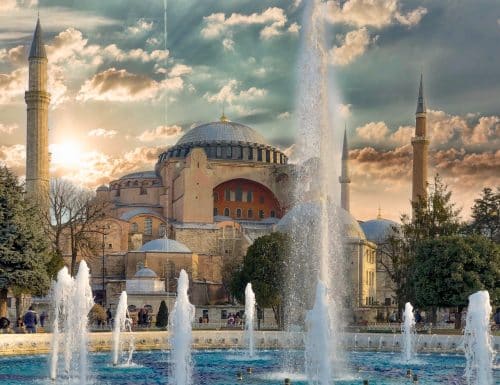
The Hagia Sophia. Zen zeee / Unsplash
Turkey and Antakya themselves represent some of the world’s longest-inhabited places. It was here, where an earthquake destroyed today’s city of Antakya, that the Apostle Paul centered his missionary work from 47-55 AD. You won’t find Antakya in your English Bible, but you will find the city of Antioch mentioned 19 times throughout the book of Acts, as well as Paul’s letter to the Galatians and his second letter to Timothy.
Help sustain Angela Denker’s ministry by subscribing to “I’m Listening.”
There are 25 American cities called Antioch, including three each in Georgia and Louisiana. While Antioch, Calif., (pop. 115,291 in the 2020 Census) is the largest city of its name, many of the states with Antiochs are part of what’s often called the Bible Belt, with significant Evangelical Christian populations.
Antioch was at the very center of the spread of the Gospel of Jesus Christ, as it jumped from Jews in Jerusalem, Judea, and Galilee to Gentiles in Greece and Rome. The word Christian itself, used to describe followers of Jesus, was first used in Antioch.
How strange it is that this word, first formed across the world in Turkey, has now become the domain of politically conservative white Evangelicals in America who are best known for their intolerance of LGBTQ people and women’s rights and knee-jerk defensiveness of racism and white supremacy?
How strange it is, that these same Christians, who bear the name borne in Antioch, may watch the videos of screaming and terrified human beings in what is today Antakya and think: how little we have in common with them? Those poor and wretched Muslims. If only they knew our God. If only they lived in our great country. Bless their hearts.
But we must know, deep in our generational memory and theological truth, that Antakya is Antioch is انطاكیه.
To contribute to on-the-ground efforts in Antakya and throughout the earthquake zone in Turkey and northwestern Syria, please donate to:
https://ahbap.org/disasters-turkey
https://www.afad.gov.tr/depremkampanyasi2
Congregations and organizations can also donate through Lutheran World Relief.
Angela Denker is a Lutheran pastor and veteran journalist. She has written for many publications, including Sports Illustrated, The Washington Post, and FORTUNE magazine. Denker has appeared on CNN, BBC and SkyNews to share her research on politics and Christian Nationalism in the U.S. Her book, Red State Christians: Understanding the Voters who elected Donald Trump, was the 2019 Silver Foreword Indies award-winner for political and social sciences. The revised edition of Red State Christians, subtitled: A Journey into White Christian Nationalism and the Wreckage it leaves behind, came out Aug. 16 and is currently available everywhere books are sold.

